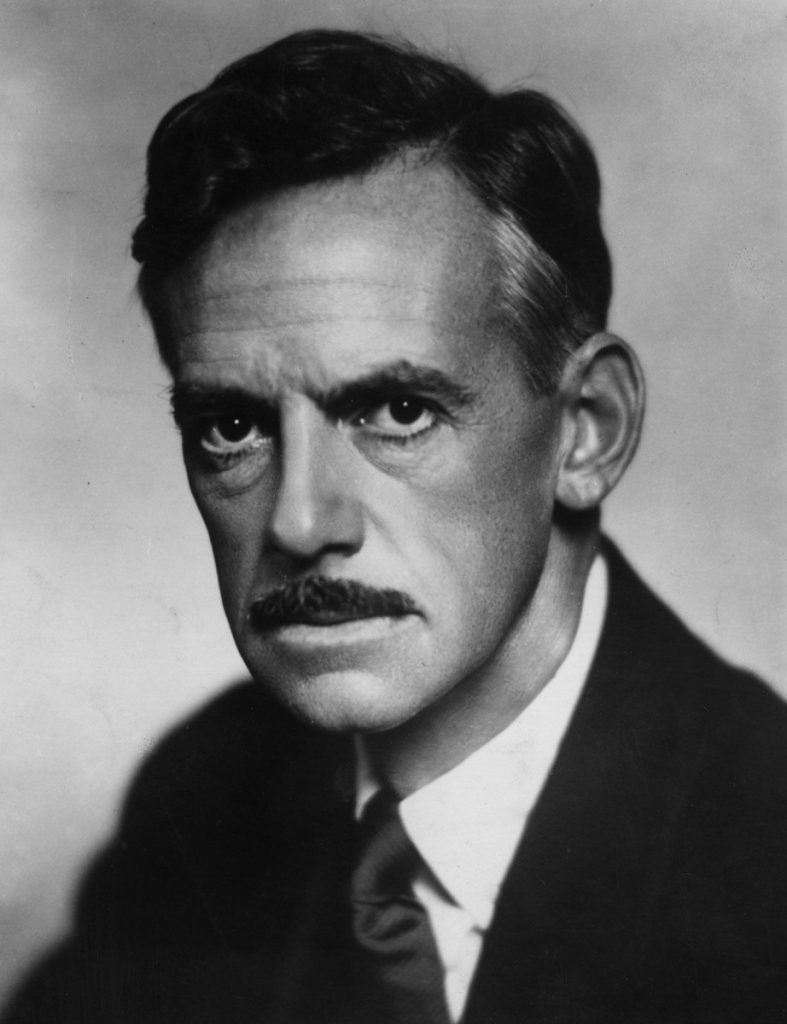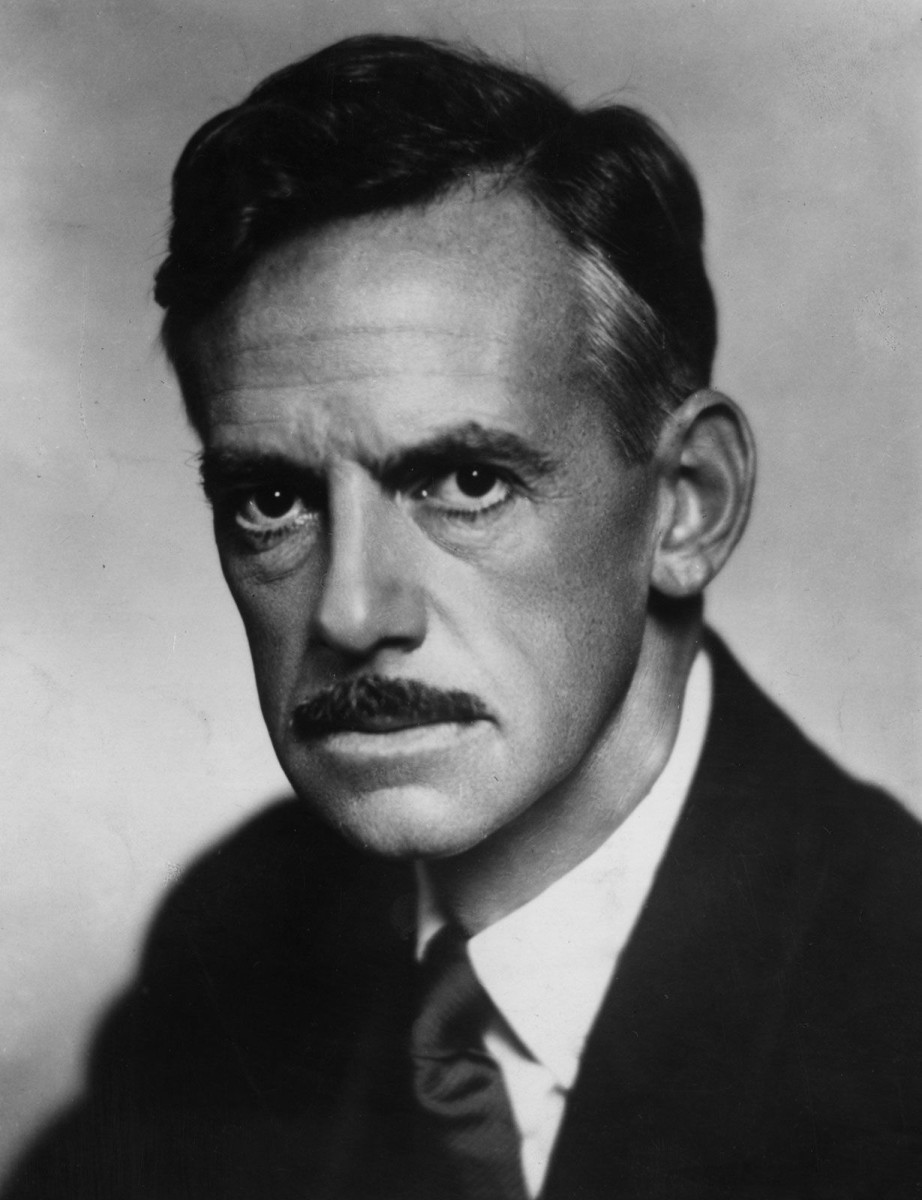
Eugene O'Neill
| Eugene O'Neill Wiki | |
|---|---|
| Name | Eugene O'Neill |
| Profession | Playwright |
| Death date | November 27, 1953 |
| Date of Birth | October 16, 1888 |
| Horoscope | Libra |
| Country | United States |
| Height | Check Below |
| Net Worth | See Below |
Birthday Countdown
Early Life and Background
Eugene Gladstone O'Neill was born on October 16, 1888, in a hotel room in New York City. He was the son of acclaimed actor James O'Neill and Ella Quinlan O'Neill. Eugene's childhood was marked by frequent moves and changes in schools, as his father's acting career took the family across the country.
Education and Early Career
Despite his tumultuous upbringing, Eugene O'Neill showed a keen interest in writing from a young age. After attending various schools and colleges, he dropped out of Princeton University in 1906 to pursue a career as a playwright. He spent several years working odd jobs and traveling before finding success in the theater world.
Breakthrough and Major Works
O'Neill's breakthrough came with his play "Beyond the Horizon," which premiered on Broadway in 1920 and won him the Pulitzer Prize for Drama. He went on to write several other successful plays, including "The Iceman Cometh," "Long Day's Journey into Night," and "A Moon for the Misbegotten."
Personal Life and Struggles
O'Neill's personal life was marked by tragedy and struggles with addiction. He was married three times and had a tumultuous relationship with his children. His battles with alcoholism and depression often found their way into his work, adding depth and complexity to his characters.
Legacy and Influence
Eugene O'Neill is considered one of the greatest playwrights in American history, known for his raw, emotional portrayals of human suffering and redemption. His work has inspired countless other writers and artists, and his impact on the theater world continues to be felt to this day.
Age, Height, and Net Worth
At the time of his death on November 27, 1953, Eugene O'Neill was 65 years old. He stood at 6 feet tall and had a net worth that would be equivalent to millions of dollars today. His estate continues to earn royalties from his plays and works.
Recognition and Awards
Throughout his career, Eugene O'Neill received numerous awards and accolades for his work, including four Pulitzer Prizes for Drama. He was also awarded the Nobel Prize in Literature in 1936, making him the first American playwright to receive the prestigious honor.
Final Years and Death
In his final years, Eugene O'Neill struggled with declining health and continued to write despite his physical limitations. He passed away on November 27, 1953, at the age of 65, leaving behind a legacy that would endure for generations to come.
Controversies and Criticisms
Despite his critical acclaim and commercial success, Eugene O'Neill's work has also faced criticism for its dark themes and bleak outlook on life. Some have accused him of being overly pessimistic and nihilistic in his portrayals of human nature.
Adaptations and Revivals
Many of Eugene O'Neill's plays have been adapted into films, television shows, and stage productions over the years. His work continues to resonate with audiences around the world, who are drawn to the universal themes of love, loss, and redemption that permeate his writing.
Documentaries and Biographies
Several documentaries and biographies have been made about Eugene O'Neill's life and work, shedding light on the man behind the legendary playwright. These works offer insights into his creative process, personal struggles, and lasting impact on the theater world.
Conclusion
Eugene O'Neill's legacy as a playwright is unparalleled, with his works continuing to inspire and captivate audiences around the world. Despite his personal struggles and tragedies, he left behind a body of work that stands as a testament to the enduring power of storytelling and the human experience.









